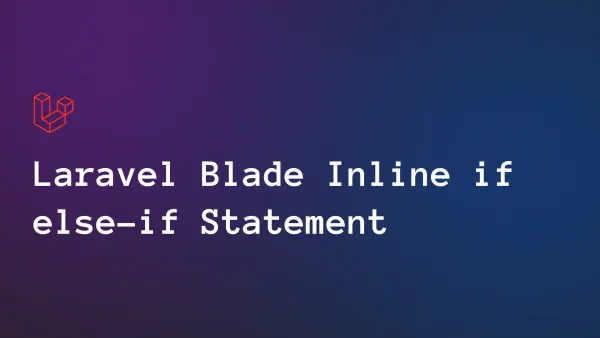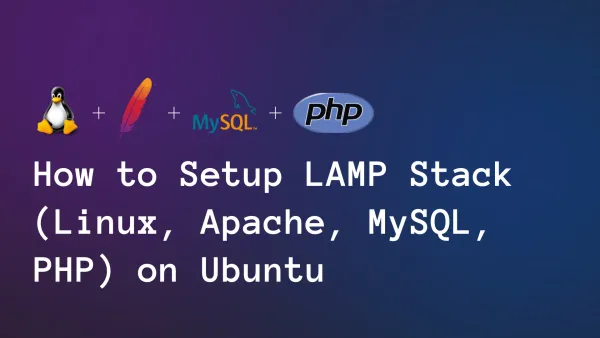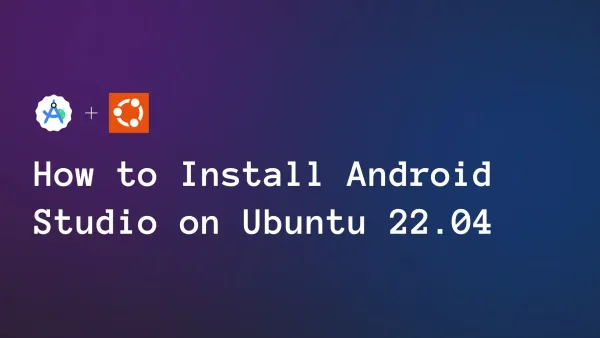How to Become a Programmer: Step by Step Guide

Programming is a highly in-demand skill in today's digital world, and for a good reason. Programmers are responsible for creating the software and applications that power our devices and make our lives easier. If you're interested in becoming a programmer, here's a step-by-step guide to help you get started.
Step 01. Learn the basics:
Before you can start writing complex code, you must have a solid understanding of the basics. This includes understanding basic programming concepts such as variables, data types, loops, and functions. Start by learning a programming language such as Python or JavaScript, and work through online tutorials and exercises to gain a deeper understanding of the language.
Step 02. Gain experience:
Once you have a basic understanding of programming and a portfolio to show for it, it's time to start gaining real-world experience. Look for internship or co-op opportunities in your local area, or consider freelance work to gain experience working on real projects.
Step 03. Specialize:
Programming is a vast field, and there are many different areas you can specialize in. Some popular areas include web development, mobile development, game development, and data science. As you gain more experience, start focusing on a specific area that interests you and develop specialized skills.
Step 03. Keep learning:
Keep learning: Programming is constantly evolving, and it's essential to stay up-to-date with the latest technologies and trends. This includes learning new programming languages, frameworks, and tools, as well as staying informed about new developments in the industry.
Step 04. Network:
Network: Building a network of contacts in the industry is essential for finding job opportunities and staying informed about the latest trends and developments. Join online communities and forums, attend local meetups and events, and connect with other programmers on social media. You can also reach out to professionals in the field and ask for advice or mentorship.
Step 05. Practice problem-solving:
As a programmer, you will face complex problems that need to be solved daily. Developing solid problem-solving skills is essential for success. Try solving coding challenges and puzzles, and practice breaking complex problems into smaller, manageable tasks.
Step 06. Understand the importance of teamwork:
Many programming projects involve working in a team, so it's essential to understand the importance of collaboration and communication. Learn how to work effectively with others and understand how to contribute to a group.
Step 07. Get certified:
Get certified: While a certification is not always required, it can be a valuable addition to your resume and help you stand out in a crowded job market. Look for certification programs from reputable organizations such as Oracle, Microsoft, or CompTIA.
Step 08. Apply for jobs:
Once you feel confident in your skills and have a strong portfolio, it's time to start applying. Look for opportunities that align with your interests and abilities, and be prepared to sell yourself in an interview. Remember to tailor your resume and cover letter to the specific job and highlight your relevant experience and skills.
Step 09. Consider a degree:
While a college degree is not always required for a programming position, it can be beneficial to have one. A degree in computer science or a related field will provide a strong foundation in programming principles and other essential skills such as math, logic, and problem-solving. Additionally, many companies prefer to hire candidates with a degree, and a college education may open up more job opportunities.
Step 10. Learn about Agile Methodology:
Agile Methodology is a popular software development method widely used in the industry. It's a set of principles for software development in which requirements and solutions evolve through the collaborative effort of self-organizing and cross-functional teams. By learning Agile Methodology, you will be able to work more efficiently and effectively in a group, and also be able to respond to changing requirements and market conditions.
Step 11. Learn about version control:
Version control is a system that records changes to a file or set of files over time so that you can recall specific versions later. It's a critical tool for any programmer and will enable you to keep track of the changes you make to your code, collaborate with others and quickly revert back to a previous version if needed.
Step 12. Learn about testing:
Testing is an essential part of software development, and it's important to understand how to test your code effectively. This includes learning about different types of testing, such as unit testing, integration testing, and acceptance testing, as well as understanding how to use test-driven development and automated testing tools.
Step 13. Get hands-on experience:
Doing it is the best way to learn to program. Look for opportunities to work on real-world projects and gain practical experience. You can participate in coding competitions and hackathons or contribute to open-source projects. This will not only help you to improve your skills but also give you a sense of the actual work of a programmer.
Step 14. Stay up-to-date:
The technology industry is constantly evolving, and it's essential to stay informed about the latest trends and developments. Follow industry leaders, read programming blogs and articles, and attend technology conferences. By visiting up-to-date, you'll be able to identify new opportunities and be ready to adapt to changes in the industry.
Step 15. Learn more than one programming language:
While it's essential to be proficient in one programming language, it's also important to learn more than one. Each language has its own strengths and weaknesses, and understanding multiple languages will make you more versatile as a programmer. Additionally, many jobs require knowledge of more than one language, so learning various languages will open up more job opportunities.
Step 16. Embrace failure:
Failure is a natural part of the learning process, and embracing it and learning from your mistakes is essential. Feel free to try new things and experiment, even if it means making mistakes. Failure is an opportunity to learn and grow, and it's essential to bounce back from failure and keep moving forward.
Step 17. Keep your learning journey fun:
Keep your learning journey fun: Programming can be challenging and time-consuming, but it's essential to keep the learning process fun and enjoyable. Take the time to celebrate your achievements, and don't be too hard on yourself if you make mistakes. Remember that becoming a programmer is a lifelong journey; there's always something new to learn.
Step 18. Consider a bootcamp:
If you're looking for a more intensive and accelerated learning experience, consider a bootcamp. Bootcamps are short-term, intensive programs that teach specific skills in a condensed timeframe. They can be a great way to quickly gain the skills and knowledge needed to start a career in programming. However, it's essential to research the reputation of the bootcamp and the qualifications of the instructors before enrolling.
Step 19. Specialize in a field:
While having a broad understanding of programming is essential, it's also beneficial to specialize in a specific field. Specializing can open up new job opportunities and increase your earning potential. Some popular areas of specialization include web development, data science, machine learning, and mobile app development.
Step 20. Join a community:
Joining a community of programmers can be an excellent way to connect with others who share your passion for programming. These communities can provide support, advice, and opportunities to collaborate on projects. Many online communities have active forums, chat rooms, and social media groups that you can join.
Step 21. Practice, Practice, Practice:
The key to becoming a successful programmer is practice. The more you practice, the more comfortable you'll become with the different tools and techniques. Try experimenting with other coding challenges, be bold and take on projects outside your comfort zone. The more you practice, the more confident you'll become and the better at problem-solving.
Step 22. Consider a mentor
Having a mentor can be a valuable resource for learning and growing as a programmer. A mentor can provide guidance, advice, and support as you navigate the world of programming. They can also help you to identify new opportunities, provide feedback on your work, and offer insight into the industry. You can find a mentor through online communities, professional organizations, or through networking with other programmers.
Step 23. Learn Git:
Git is a powerful version control system that allows you to track changes in your code and collaborate with others. It's an essential tool for any programmer and is widely used in the industry. Learning Git will allow you to manage your code, collaborate with others, and contribute to open-source projects.
Step 24. Get familiar with the command line:
The command line is a powerful tool that allows you to interact with your computer's operating system. It's a fundamental tool for programmers and is essential for tasks such as debugging, automation, and deployment. Familiarizing yourself with the command line will enable you to be more efficient and productive as a programmer.
Step 25. Build a personal brand:
Building a personal brand is an essential aspect of becoming a programmer. Your personal brand is your reputation, and it's a reflection of your skills, experience, and personality. Building a personal brand can help you to stand out in the job market and attract new opportunities. Create a portfolio, start a blog, and engage in social media to build a personal brand.
Step 26. Never Stop Learning:
The world of programming is always evolving, and the best way to stay ahead is to never stop learning. Be open to new technologies, programming languages, and development methodologies. Stay updated on the latest trends and continue to learn new skills throughout your career. Remember that learning is a lifelong journey, and the more you learn, the more successful you'll be as a programmer.
Conclusion
In conclusion, becoming a programmer requires a combination of education, experience, and passion. There's no single path to becoming a programmer; the best way to learn is by doing it. The key is staying motivated, learning, and taking advantage of opportunities to gain practical experience. Remember that becoming a programmer is a challenging and rewarding journey, but with hard work and dedication, it's possible to turn your passion for technology into a successful career.





